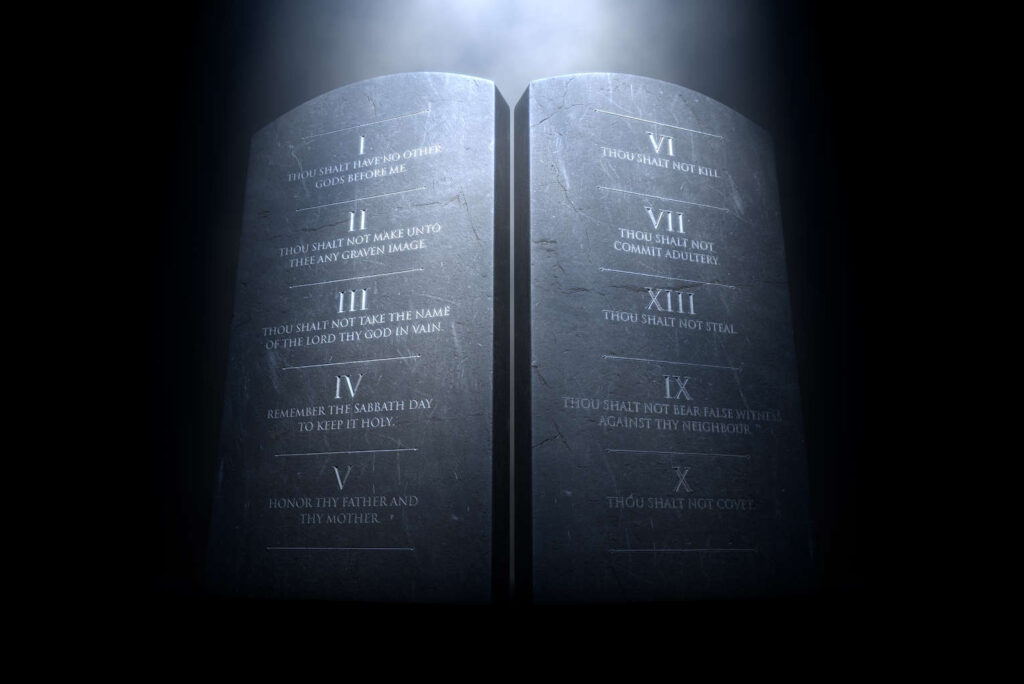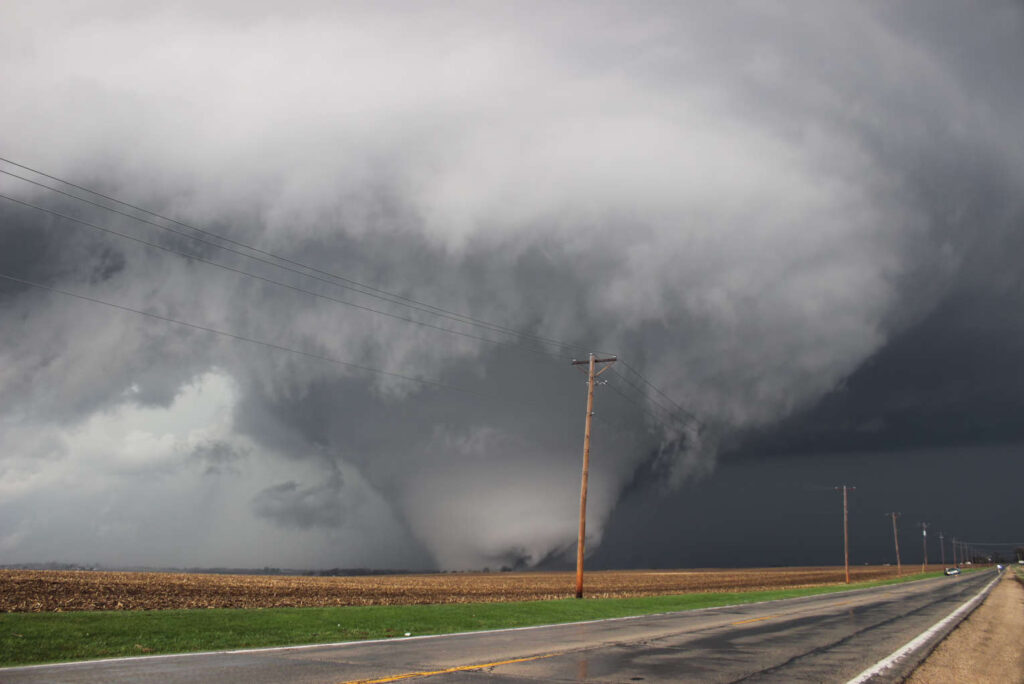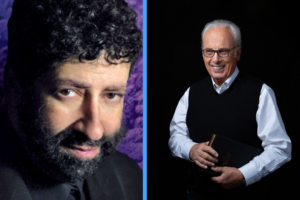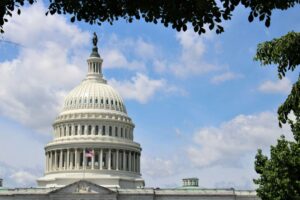Prejudice, discrimination and antagonism: These terms often define racism in a particular situation or at a certain point in time but may prove too simple to explain or deal with fluid issues or new ways of thinking. They tend to reflect late 19th- and early 20th-century theories identifying human beings according to their physical and behavioral traits, related to ethnicity, country allegiance and shared language. Colonial and imperial powers emphasized the theories to prove their superiority and justify their actions.
Racism persists even today on several levels. One level that demands considerable attention is alluded to as systemic or institutional racism. This level exists and functions across society between and among institutions and organizations. It generally refers to unfair policies and discriminatory practices in schools and workplaces.
Internalized/individual and interpersonal racism represent two other exigent levels of the phenomenon. Internalized racism involves personal beliefs and biases; interpersonal racism focuses on interaction with others and the beliefs that prompt those interactions.
Racism in the United States extends back to the founding of the country and the subjugation of Africans and African Americans beginning in 1526. Slavery continued until 1865 when sharecropping and convict-leasing largely replaced the practice but did not destroy the concept of racism, which seems to have revived as a moral panic or public movement; sometimes accurate but often based on exaggerated, personal perceptions that exceed actual threats a society is facing. Such a movement can produce unrealistic fear and pose a threat to a society’s principles and safety.
In the foreword to Eric Kaufmann’s academic paper, titled “The Social Construction of Racism in the United States,” Coleman Hughes wrote that in the paper, Kaufmann points out that Americans tend to exaggerate the amount of racism that currently exists in the country. No one can deny that prejudice and discrimination based on race or marginalization does occur, but too often, the misalignment of perceptions regarding groups result in moral panic and the application of racial identity and racism. Perception fails to align with reality.
The future of racism in America defies certainty and an unquestionable prediction. More and more Black Americans are joining the middle class and assuming prominent public identities. Numbers of poor and working-class Black Americans are showing an interest in education, jobs and safer communities. The Pew Research Center revealed even in the title of an article written by Kiana Cox and published in October 2021 that a majority, but not every Black American, opposes racism as an essential part of their faith.
White Christians in America remain divided regarding racism. Religiously unaffiliated whites are less likely than Christians to deny that racism, particularly structural racism, exists in the country. What might be termed conservative, theological interpretation of Scripture, church culture and limited Black attendance at conservative white church gatherings have contributed to the continued existence of racism. Of course, racism shows partiality, and God never displays partiality. The Bible teaches that God created all human beings in His image and clearly condemns racism.
Modern science views race as a social construct based on society-established rules. Races do exist. Skin color provides the proof of race but does not determine levels of intelligence or intellectual disparities based on color. Racism is wrong and a figment of too many imaginations; it has encouraged political polarization and social tension.
How can the United States reduce, perhaps even eliminate, racism? The Civil War model provides a model for the reversal of today’s social tribalism and political polarization to national unity, respect for fellow citizens whatever their skin color and the development of self-confidence. Such a model promotes national solidarity.
In promoting national solidarity, author J. Willis Johnson declared in an online article in July 2020 that each citizen must “embrace and celebrate the richness of true democracy and honor the voices that make us a choir.” Individuals who have been privileged for generations “must work toward the betterment of all.” Personal acts of kindness must be embraced.
I would like to paraphrase a statement made by U.S. Ambassador to the United Nations Linda Thomas-Greenfield on March 21, 2021:
“The pervasiveness of racism might make a situation look hopeless, but Americans can remain hopeful. Americans should press forward to remove any racism rot from U.S. foundations. Let us leave our children a less hateful, more hopeful America, devoid of racism.” {eoa}
Franklin T. Burroughs was awarded a Nishan-e-Homayoun by Shah Mohammad Reza Pahlavi for his work in the Iranian Ministry of Court and has received certificates of recognition from the California Senate and State Assembly. He is a member of the adjunct faculty of John F. Kennedy University and has served as president of Armstrong University and interim dean of the School of Business at Notre Dame de Namur University. He has taught at the University of California at Berkeley. He has been the managing director of the U.S. Chamber of Commerce in Iran and has served as consultant to the Ford Foundation, UNESCO, the U.S. Department of Commerce and the government of Iran. He has also been visiting scientist at the U.S. Department of Energy. He serves as an English language officer (contractor) with the U.S. Department of State. Dr. Burroughs serves as an international consultant in education, Middle East affairs and cultural diplomacy.
Read articles like this one and other Spirit-led content in our new platform, CHARISMA PLUS.
See an error in this article?
To contact us or to submit an article























